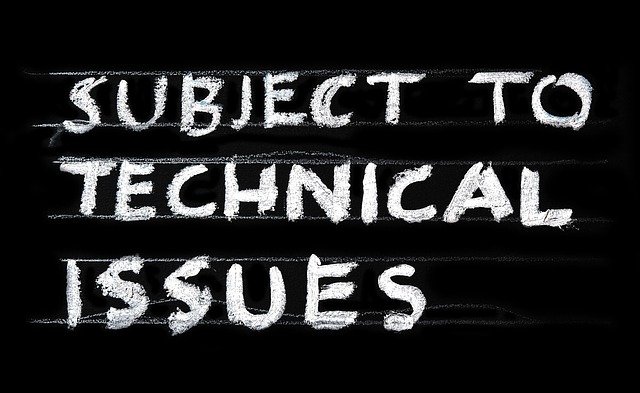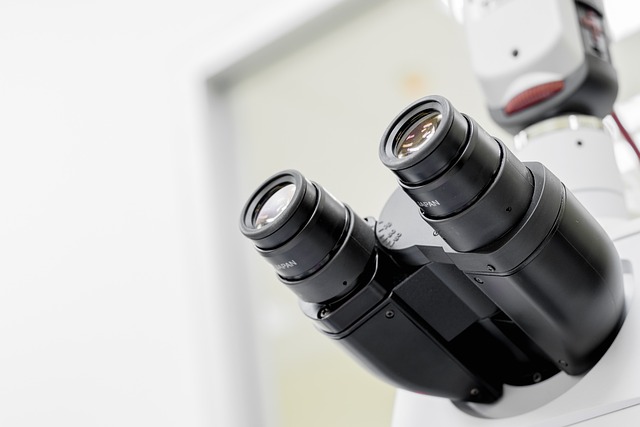
Empowering Innovation Through Accountability: A Scientific Approach to Technology and Workplace Culture
Empowering Innovation Through Accountability: A Scientific Approach to Technology and Workplace Culture
In today’s fast-paced, technology-driven world, the concept of accountability has emerged as a cornerstone of innovation. Both science and technology are evolving at a breakneck speed, and fostering a culture of accountability within the workplace is crucial to driving sustainable progress. As industries continue to pivot towards more flexible and fluid structures, the importance of accountability cannot be understated; it’s the very thread that ties individual contributions to collective success.
The Scientific Basis of Accountability
Accountability is not merely a buzzword; it’s anchored in behavioral science. When individuals within an organization are held accountable for their actions, there is an observable increase in both engagement and performance metrics. Neuroscience indicates that our brains are wired to respond positively to responsibility. By creating an environment where team members understand that their contributions—and even their mistakes—impact the group as a whole, organizations can tap into the motivational forces that compel individuals to excel. This is particularly relevant in innovative sectors where every team member’s input can lead to groundbreaking advancements.
Technology as a Catalyst for Accountability
The integration of technology into workplace practices has revolutionized how accountability is managed. With tools like project management software, real-time tracking systems, and performance analytics, transparency has never been more achievable. Employees can see how their roles contribute to the project’s success, fostering a sense of ownership and responsibility. By leveraging technology to highlight individual efforts, companies can cultivate an atmosphere where accountability leads to shared triumphs.
Creating an Accountability-Driven Workplace Culture
Establishing a culture centered on accountability requires intention and strategy. It begins with leadership setting a clear vision and demonstrating accountability through their actions. When leaders own up to mistakes and share their learnings, it encourages a similar response from their teams. Open communication becomes paramount; regular feedback loops and constructive dialogues help reinforce the idea that everyone is equally responsible for innovation outcomes.
Moreover, fostering a culture of psychological safety is essential. When employees feel safe to express ideas—and even vulnerabilities—they are more inclined to experiment and take calculative risks, which are often the bedrock of innovation. When failure is seen as a learning opportunity rather than a setback, innovation flourishes.
Accountability and Collaborative Innovation
Team-based work environments thrive on accountability. As diverse groups come together to tackle complex challenges, collaboration becomes more than just a buzzword; it becomes the backbone of development. Each member of the team brings unique perspectives and skills, and accountability ensures that every voice is valued while contributing to a larger goal. This mutual responsibility not only enhances collective creativity but also strengthens relationships within the team, making way for continuous improvement.
Accountability, combined with a scientific approach to workplace culture, becomes a powerful enabler of innovation. As organizations continue to navigate an ever-changing landscape, those who embrace accountability will find themselves ahead of the curve—reaping the benefits of a cohesive, motivated, and innovative workforce.



